
Introduction to the Role of Social Media in the Fashion Industry
Social media has revolutionized many industries, and the fashion industry is no exception. With the rise of platforms like Instagram, Facebook, and TikTok, social media has become a powerful tool for fashion brands to connect with their audience, market their products, and stay on top of the latest trends.
Today, almost every fashion brand has a strong presence on social media, using it as a key component of their marketing and advertising strategy. This has not only changed the way fashion is marketed, but also how consumers engage with brands and make purchasing decisions.
In this guide, we will explore the significant role that social media plays in the fashion industry and how it has transformed the way we consume and interact with fashion.
How fashion brands utilize social media platforms for marketing and advertising
Social media has revolutionized the way the fashion industry markets and advertises its products. With the rise of platforms such as Instagram, Facebook, and TikTok, fashion brands have a direct and immediate connection to their target audience.
Gone are the days of traditional print ads and billboards, as social media allows fashion brands to reach a wider and more diverse audience at a fraction of the cost. This has leveled the playing field, giving both established and emerging fashion brands an equal opportunity to showcase their products.
One of the key ways fashion brands utilize social media is through visual content. Platforms like Instagram and Pinterest allow brands to showcase their latest collections and trends through high-quality images and videos. This not only generates excitement and hype around the brand, but it also serves as a form of free advertising as followers share and repost the content.
In addition to visual content, fashion brands also use social media to engage with their audience through interactive features such as polls, Q&A sessions, and behind-the-scenes footage. This helps create a more personal and authentic connection with consumers, making them feel like they are a part of the brand’s journey.
Social media also allows fashion brands to gather valuable data and insights on their target audience. By analyzing engagement and conversion rates, brands can tailor their marketing strategies to better resonate with their followers. This targeted approach not only saves money but also leads to higher returns on investment.
Furthermore, social media has also paved the way for influencer marketing in the fashion industry. Influencers, who have a large and engaged following on social media, can promote and endorse fashion brands through sponsored posts and collaborations. This type of marketing adds a level of authenticity and credibility to the brand, as consumers trust and value the opinions of these influencers.
Overall, social media has become an essential tool for fashion brands to connect with their audience, increase brand awareness, and boost sales. As the relationship between fashion and social media continues to evolve, it is crucial for brands to stay updated on emerging platforms and trends to remain relevant and competitive in the industry.
Impact of Social Media on Consumer Behavior and Trends in the Fashion Industry
Social media has become an integral part of our daily lives, influencing the way we communicate, connect, and consume. In the fashion industry, social media has had a significant impact on consumer behavior and trends. With the rise of various social media platforms, such as Instagram, Facebook, and TikTok, fashion brands now have a direct line of communication with their target audience, allowing them to promote and sell their products in a more personalized and engaging way.
One major impact of social media on consumer behavior is the increase in impulse buying. With the constant flood of fashion content on social media, consumers are constantly exposed to new and trendy styles, leading to a desire for immediate gratification. This has led to an increase in impulsive purchases, as consumers may feel the need to keep up with the latest trends and make spontaneous purchases based on what they see on social media.
Social media has also transformed the way consumers research and make purchasing decisions. Before the widespread use of social media, consumers would rely on traditional advertising or word-of-mouth recommendations to learn about new fashion products. Now, with the help of social media, consumers can easily access information and reviews from fellow consumers, influencers, and even brands themselves, making the decision-making process more transparent and informed.
Moreover, social media has also given consumers a sense of empowerment in the fashion industry. With the growing presence of body positivity and inclusivity on social media, consumers now have a platform to express their opinions and demand change from brands. This has led to a shift in trends, with more focus on diverse and inclusive fashion options.
The fashion industry has also seen a rise in influencer marketing due to social media. Influencers, who have a large following and influence over their audience, have become key players in promoting fashion brands and products. Consumers are more likely to trust and make purchasing decisions based on recommendations from influencers they follow and admire, making it a valuable marketing tool for fashion brands.
In conclusion, social media has had a profound impact on consumer behavior and trends in the fashion industry, transforming the way brands market and sell their products, as well as how consumers interact and engage with fashion content. It is safe to say that social media will continue to play a crucial role in shaping the future of the fashion industry, and brands must adapt and utilize these platforms effectively to stay relevant and competitive in the market.
The Rise of Influencer Marketing and Its Effect on the Fashion Industry
In today’s digital age, social media has become a powerful tool for fashion brands to connect with their target audience. With millions of active users on various platforms, the reach and impact of social media cannot be ignored by the fashion industry. One phenomenon that has significantly changed the landscape of fashion marketing is the rise of influencer marketing.
Influencers are individuals who have a large following on social media and possess the power to influence their audience’s purchasing decisions. In the fashion industry, influencers collaborate with brands to promote their products or services to their followers, who trust and value their opinions. This form of marketing has become increasingly popular, with brands allocating a significant portion of their marketing budget towards influencer partnerships.
One major reason for the success of influencer marketing in the fashion industry is its ability to create a sense of authenticity and relatability. Unlike traditional celebrity endorsements, influencers are often seen as everyday people who have built a loyal following through their personal style and content. This makes their recommendations more genuine and trustworthy to their audience.
In addition, influencer marketing allows fashion brands to reach a wider and more diverse audience. By collaborating with influencers from different backgrounds and with varying styles, brands can showcase their products to potential customers who may not have been exposed to their brand otherwise.
Moreover, influencer marketing has also played a role in promoting diversity and inclusivity in the fashion industry. With many influencers using their platforms to promote body positivity and diversity in fashion, brands are starting to follow suit and feature a wider range of models and sizes in their campaigns.
However, it is important for fashion brands to carefully choose the right influencers to collaborate with. With the rise of fake followers and sponsored content that lacks transparency, consumers are becoming more discerning and can easily spot inauthentic partnerships. It is crucial for brands to work with influencers who align with their values and target audience, and to ensure that the partnership is transparent to maintain credibility.
In conclusion, influencer marketing has become an integral part of the fashion industry’s social media presence. It has significantly impacted the way fashion brands market and connect with consumers, and its influence is only expected to grow in the future. By carefully selecting and collaborating with the right influencers, fashion brands can effectively use this form of marketing to engage with their audience and drive sales.
Strategies for Fashion Brands to Effectively Use Social Media for Brand Building and Engagement
In today’s digital age, social media has become an integral part of the fashion industry. It is no longer enough for fashion brands to just create beautiful clothes and wait for customers to come to them. They need to actively engage with their audience and build a strong online presence. Here are some strategies for fashion brands to effectively use social media for brand building and engagement:
- Choose the right platforms: With so many social media platforms available, it can be overwhelming for fashion brands to choose which ones to use. It’s important to understand your target audience and which platforms they are most active on. For instance, Instagram and Pinterest are popular among fashion-forward audiences, while Facebook and Twitter have wider reach. Choose the platforms that align with your brand and where you can best showcase your products and interact with your audience.
- Create visually appealing content: In the fashion industry, visual appeal is key. Your social media content should be visually stunning, showcasing your products in the best possible way. Use high-quality images and videos that are on-brand and eye-catching. You can also experiment with different formats like carousel posts, Instagram Stories, or live videos to keep your content fresh and engaging.
- Collaborate with influencers: Influencer marketing has become a popular way for fashion brands to reach a wider audience. Collaborating with influencers who have a strong following in your target market can help increase brand awareness and credibility. Make sure to choose influencers whose values align with your brand and whose aesthetic compliments your own.
- Engage with your audience: Social media is all about being social, so don’t just post content and forget about it. Engage with your audience by responding to comments and messages, asking for their opinions, and running polls or contests. This will not only help build a deeper connection with your audience but also give you valuable insights into their preferences and behaviors.
- Showcase user-generated content: User-generated content (UGC) is a powerful tool for brand building and engagement. Encourage your followers to share photos of themselves wearing your products and feature them on your social media platforms. This not only adds authenticity to your brand but also helps create a sense of community among your followers.
- Use hashtags effectively: Hashtags are a great way to increase the visibility of your posts on social media. Use relevant and popular hashtags in your posts to reach a wider audience and get discovered by potential customers. You can also create branded hashtags and encourage your followers to use them, which will help increase brand awareness.
By implementing these strategies, fashion brands can effectively use social media for brand building and engagement. Remember to be authentic, consistent, and innovative in your approach. Social media is constantly evolving, so stay updated and adapt to the changing trends to stay ahead in the fashion game.
Future Outlook: Predictions for the Evolving Connection between Fashion and Social Media
Social media has become an integral part of the fashion industry, revolutionizing the way brands interact with consumers and promoting a more inclusive and diverse representation of fashion. The connection between fashion and social media is constantly evolving, and it is important for fashion brands to stay ahead of the curve in order to effectively engage with their audience and remain relevant in the fast-paced world of social media.
Here are some predictions for the future of the fashion and social media connection:
- Increased use of augmented reality (AR) and virtual reality (VR): With the advancement of technology, the fashion industry is likely to see a rise in the use of AR and VR in marketing and advertising efforts. This will allow consumers to have a more immersive experience with fashion products, making it easier for them to make purchasing decisions.
- Continued growth of influencer marketing: Influencer marketing has proven to be a successful strategy for fashion brands, and it is expected to continue growing in the future. However, there may be a shift towards micro-influencers, who have a smaller but more engaged following, as they are perceived as more authentic and relatable.
- Merging of social media and e-commerce: We have already seen the integration of shopping features on social media platforms like Instagram and Facebook. In the future, social media may become the primary platform for online shopping, blurring the lines between social media and e-commerce.
- Use of data to personalize content: As social media platforms gather more data about users, fashion brands can utilize this information to tailor their content and offerings to specific demographics, increasing the relevance and effectiveness of their marketing efforts.
It is clear that the connection between fashion and social media will continue to evolve and shape the industry in the coming years. Fashion brands must stay adaptable and innovative in order to effectively utilize social media as a tool for brand building and engagement with consumers.
comments: 0


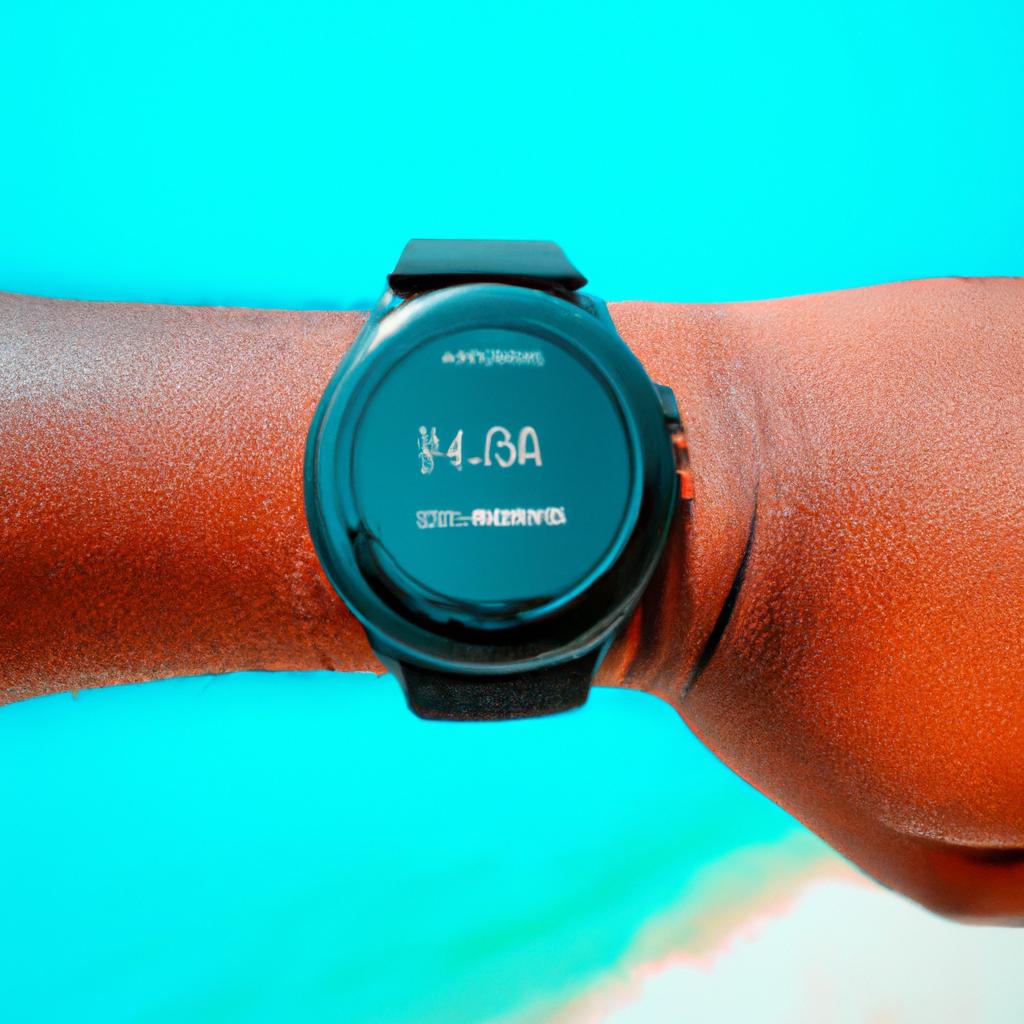 Redefining Fashion: How Startups are Disrupting the Industry
Redefining Fashion: How Startups are Disrupting the Industry 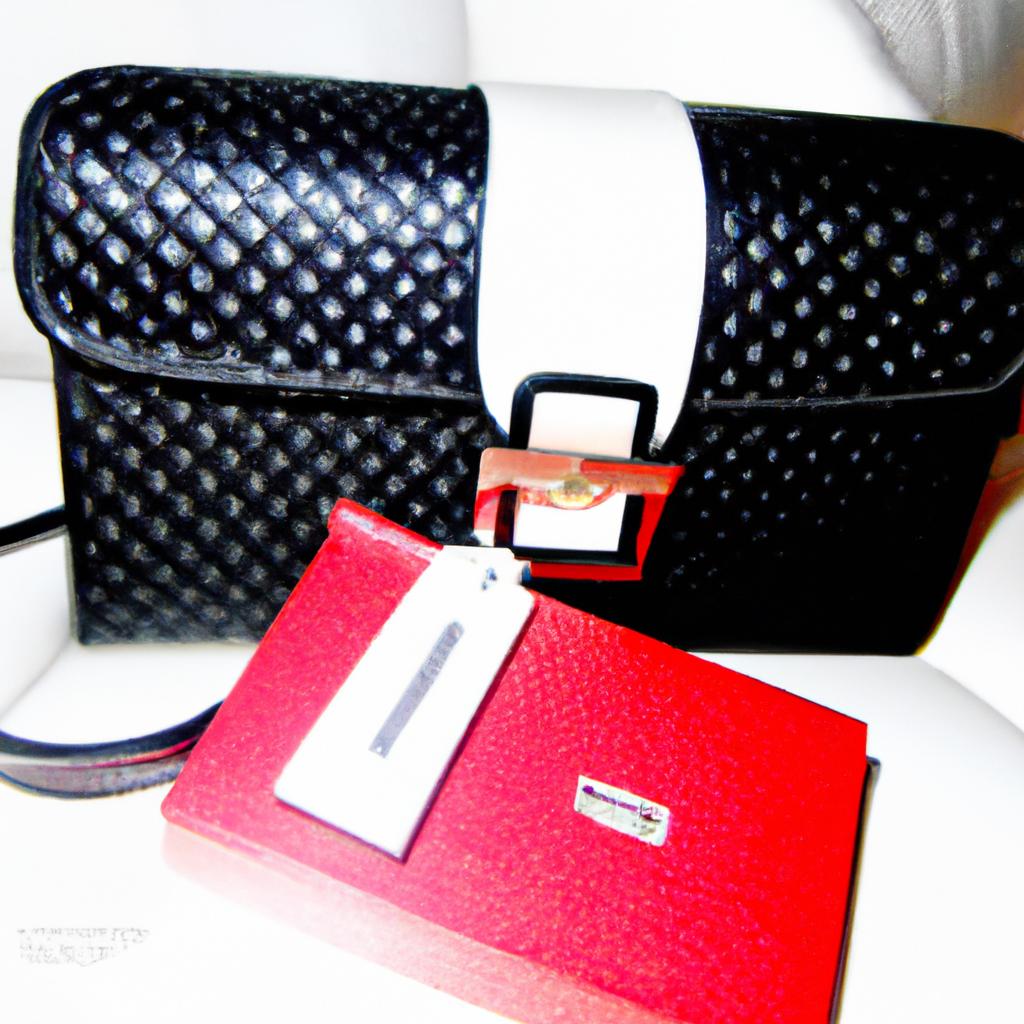 Unveiling the Business of Fashion: A Look into its Impact on the Global Economy
Unveiling the Business of Fashion: A Look into its Impact on the Global Economy  Finland’s Down’s model Maija makes strides on catwalk
Finland’s Down’s model Maija makes strides on catwalk  How to Create Adjustment Layers Based on Color
How to Create Adjustment Layers Based on Color 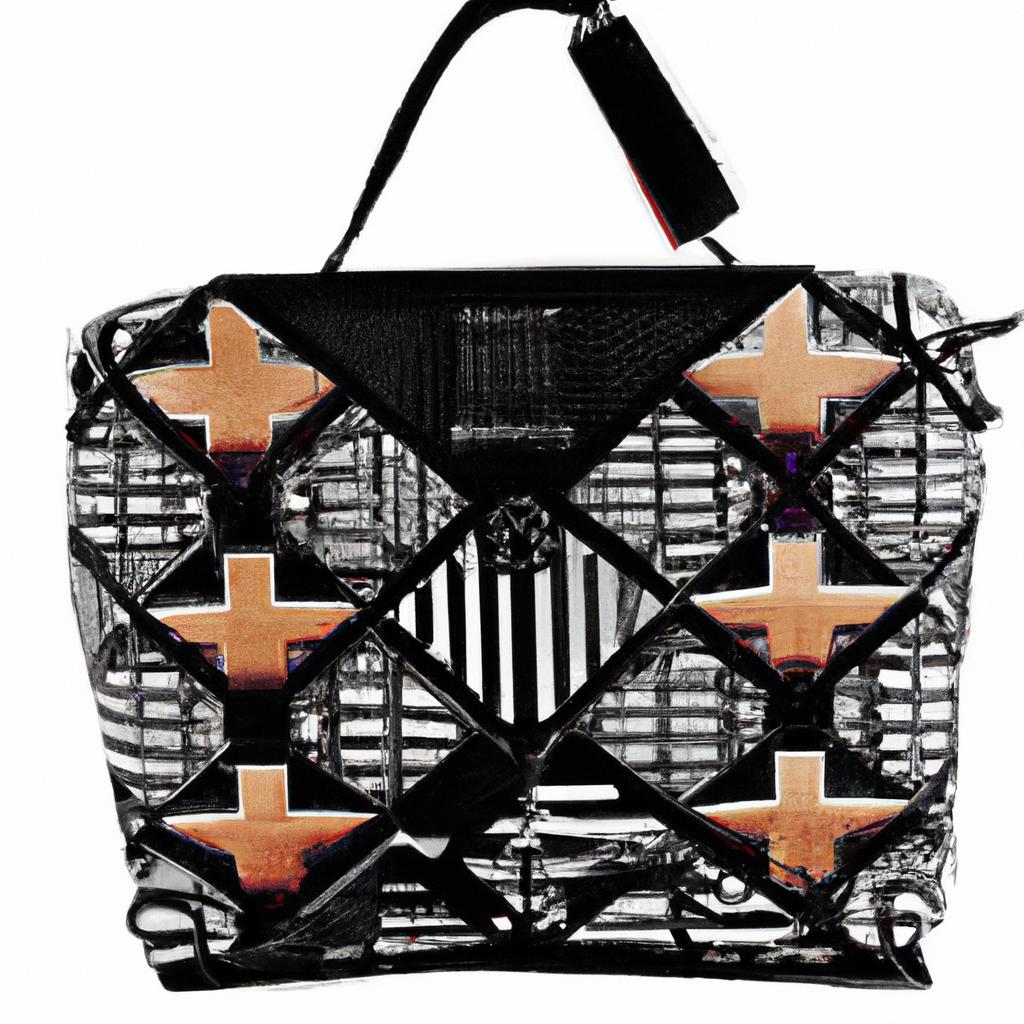 Fashion Fusion: The Impact of Designer Collaborations on the Industry
Fashion Fusion: The Impact of Designer Collaborations on the Industry  Valentino Goes Deliberately Feminine for Fall 2018
Valentino Goes Deliberately Feminine for Fall 2018 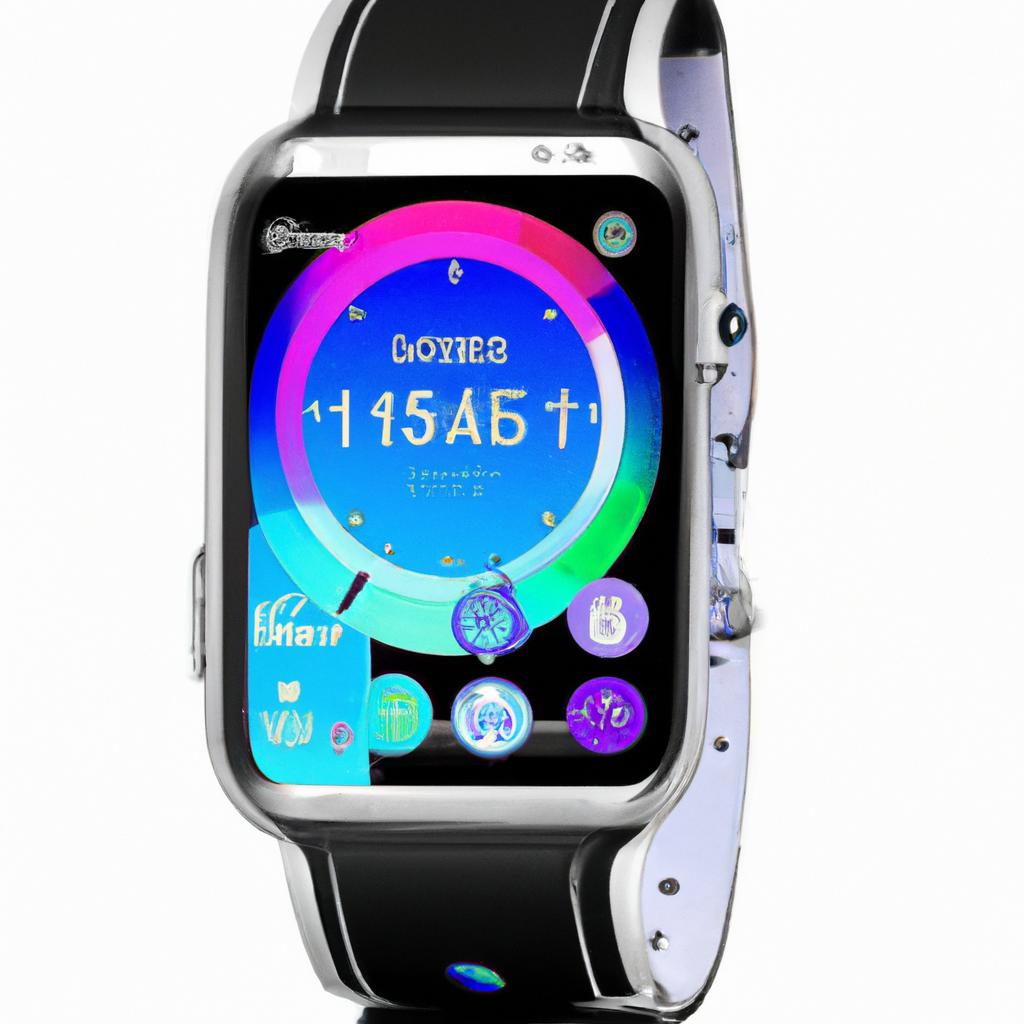 Revolutionizing Fashion: How Technology is Shaping the Industry Today
Revolutionizing Fashion: How Technology is Shaping the Industry Today 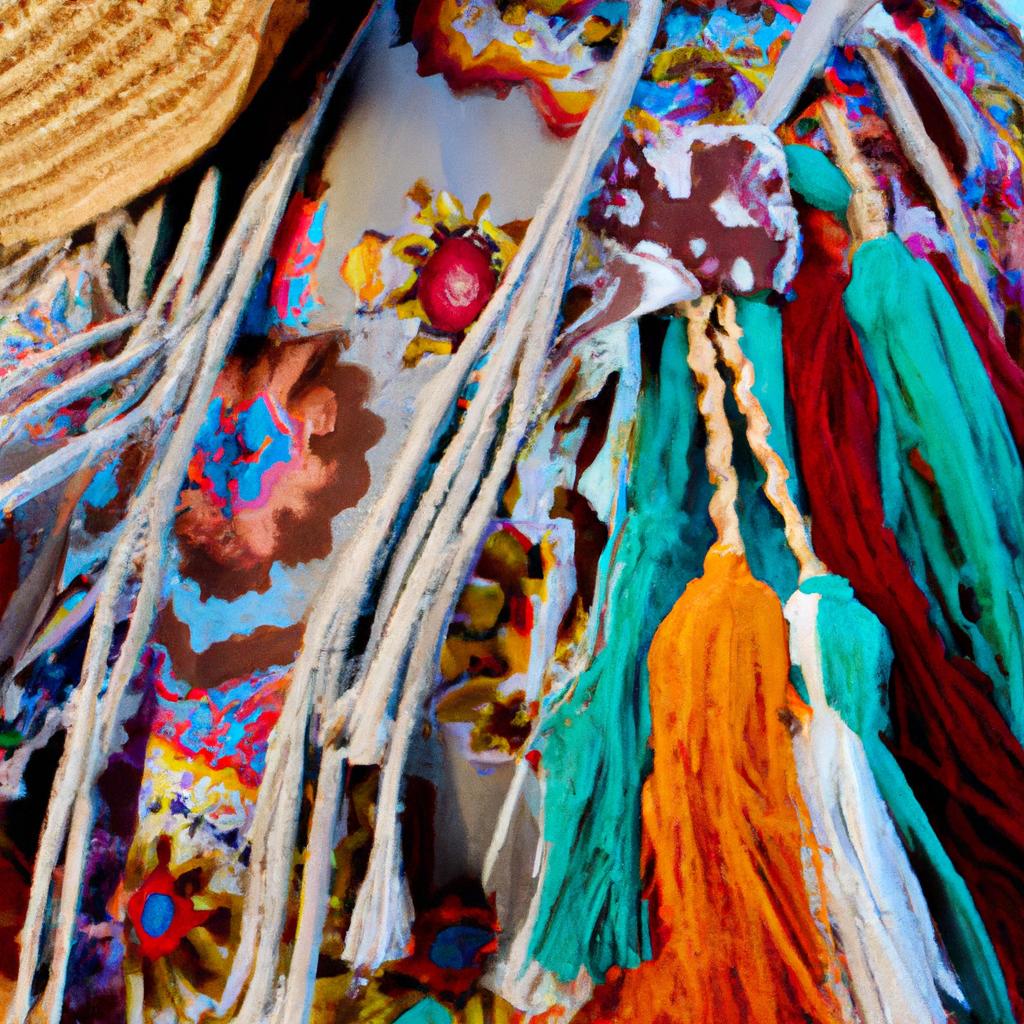 From East to West: Exploring Global Fashion Trends Across Continents
From East to West: Exploring Global Fashion Trends Across Continents  Cruising in Style with CarmelLimo: Because You Deserve to Feel Fancy
Cruising in Style with CarmelLimo: Because You Deserve to Feel Fancy 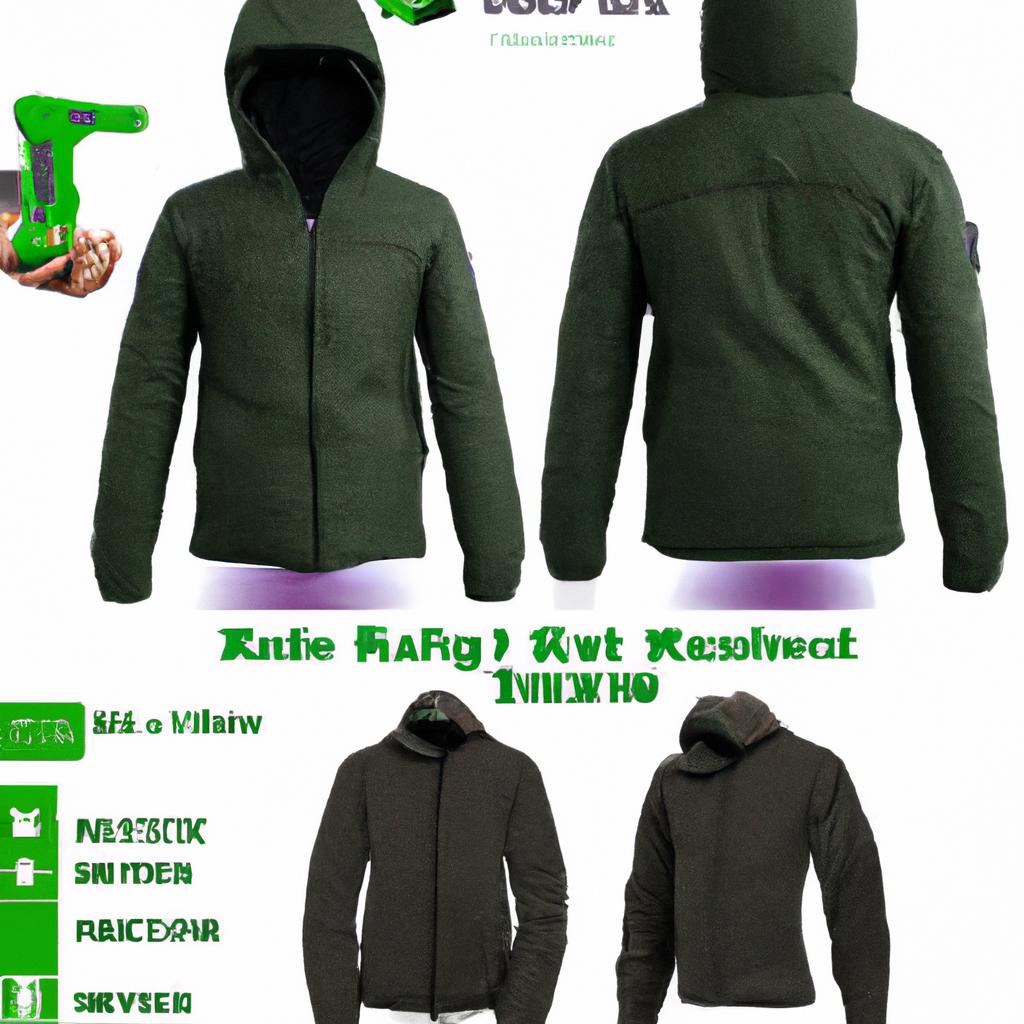 Dress to Impress: Essential Menswear for Every Weather Condition
Dress to Impress: Essential Menswear for Every Weather Condition